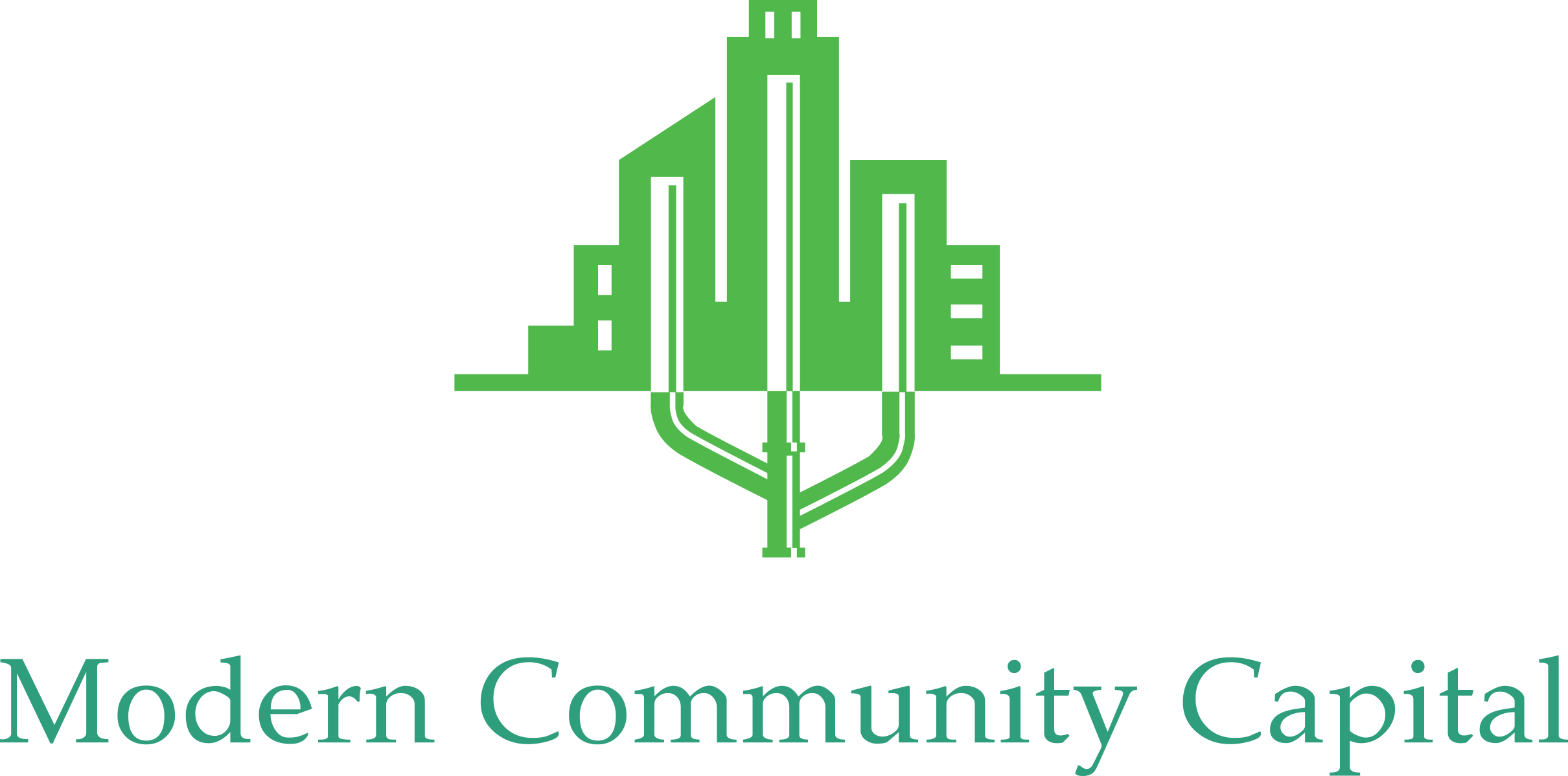Debt-Service Coverage Ratio (DSCR) loans are game-changers for real estate investors looking to scale their…
How to Prepare for a Commercial Mortgage: A Guide for Small Business Owners and First-Time Commercial Real Estate Buyers
If you’re a small business owner or a first-time commercial real estate buyer, securing a commercial mortgage is a significant step toward ownership and long-term financial stability. However, the process differs from residential loans and requires careful preparation. At Modern Community Capital, we help business owners and investors navigate commercial financing with confidence.
This guide will walk you through key steps to prepare for a commercial mortgage, helping you increase your chances of approval and secure the best terms.
1. Understand Your Financing Needs
Before applying for a commercial mortgage, clearly define your objectives:




2. Strengthen Your Financial Profile
Lenders assess your ability to repay the loan based on financial stability and creditworthiness. Key areas to focus on include:



- Last 2-3 years of tax returns
- Profit & loss (P&L) statements and balance sheets
- Cash flow projections showing your ability to afford payments

3. Prepare Key Documents
Lenders require a detailed application package. Common documents include:






Having these documents ready speeds up the loan approval process.
4. Assess Your Down Payment & Closing Costs
Commercial mortgages require larger down payments compared to residential loans. Be prepared for:



5. Research Loan Options
There are different types of commercial loans. The best option depends on your business, property type, and financial profile:





6. Get Pre-Approved
A pre-approval shows sellers and real estate agents that you’re a serious buyer and gives you a clear picture of how much you can borrow. During pre-approval, lenders will review your financials, credit, and property type to give you an estimated loan amount and terms.
7. Work with a Commercial Mortgage Expert
Navigating commercial financing alone can be overwhelming. Modern Community Capital specializes in helping small business owners and first-time commercial buyers secure the right mortgage solutions.
We provide:



Ready to Take the Next Step?
If you’re preparing to buy your first commercial property, let Modern Community Capital help you find the best financing solution. Contact us today for a consultation and take the first step toward securing your commercial mortgage!

